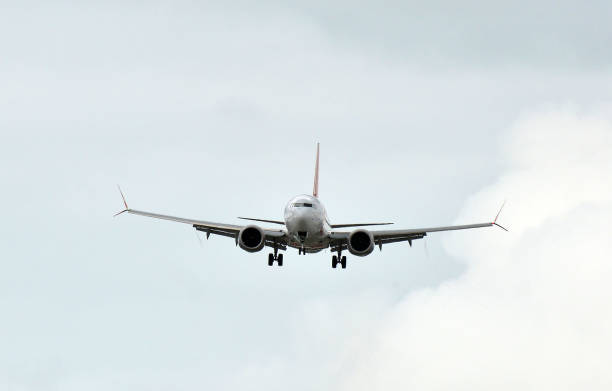Statistically speaking, air travel is one of the safest forms of travel there is, ranking only behind railroads for overall safety. However, when aviation accidents happen, the effects can be devastating, leading to serious injury and death. Before you get into a plane, you should know these five important facts about aviation accidents:
- Single engine planes get into accidents more than any other aircraft
- While people tend to think of commercial airlines when they think of aviation accidents, the vast majority of these accidents tend to involve single engine aircraft. It is estimated that 79% of all airplane accidents involve single engine planes, and these accidents account for around 72% of all fatal crashes. These smaller planes are more likely to involve less experienced pilots operating under less than ideal conditions, making them more dangerous.
- Aviation accidents are less common, but more fatal than other accidents
- Every year, there are more than a thousand airplane accidents across the United States, which may sound like a lot at first. However, this is compared to the more than six million car accidents that happen every single year. The difference, however, is that the fatality rate for motor vehicle accidents is relatively low, while aviation accidents are substantially more likely to result in a fatality.
- Aviation accidents often happen due to human error
- One of the biggest contributing factors to aviation accidents is human error. Whether the result of inexperience, lack of proper training, or exhaustion, people who make mistakes while flying a plane can easily cause a crash by accident. Often, these mistakes occur during critical parts of the takeoff or landing process, where even a minor error can result in a high-speed collision with the ground.
- Equipment failures are often a factor
- Suffice it to say that keeping your aircraft in good working order is essential to ensuring your safety and the safety of any passengers. However, not everyone is as diligent about maintaining their craft as they should be, leading to serious potential equipment failures. These failures can make it harder for someone to control or navigate their plane, or in extreme circumstances can result in a catastrophic failure, resulting in a crash.
- Beware poor weather and unsafe flying conditions
- As a general rule, you should never fly when the weather is not on your side. High winds, poor visibility, and the risks of rain, snow, and lightning are all potentially life-threatening to anyone in the sky. Unfortunately, some people will try to fly despite unsafe flying conditions, often leading to an otherwise preventable accident.
If you have been injured as a result of someone else’s negligence, you should contact the Tennessee personal injury lawyers at the Keith Williams Law Group. With convenient offices located in Nashville and Lebanon, our lawyers will work with you to create a litigation strategy that protects your legal rights and serves your personal needs. For more information or a free consultation, please contact us at 615-444-2900 or visit our contact page.


Leave A Comment